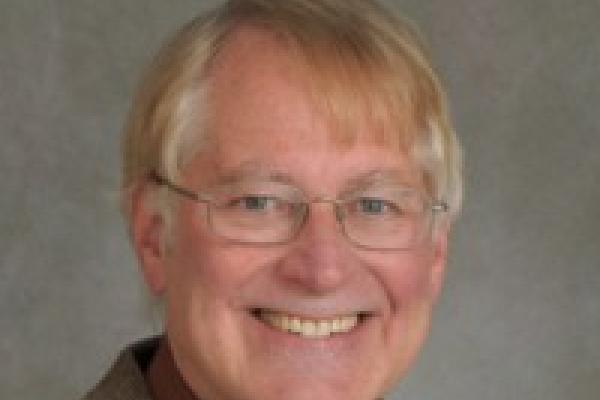
Tue, March 27, 2018
3:30 pm - 4:30 pm
1080 Physics Research Building - Smith Seminar Room - reception at 3:30pm in the Atrium
Some cell behaviors can be explained by the physics of the cell proteome, the full complement of the cell's proteins. For example, we believe that heating kills cells by denaturing their proteins. Salt slows cell growth by overcrowding the proteins. Oxidative damage in aged cells may involve electrostatic unfolding. We explore these properties using physical chemical models. We also explore proteostasis, the machinery that keeps the cell's proteins folded and disaggregated, particularly under stress. We find many ways in which evolution has encoded `cleverness' into proteostasis decision-making.
